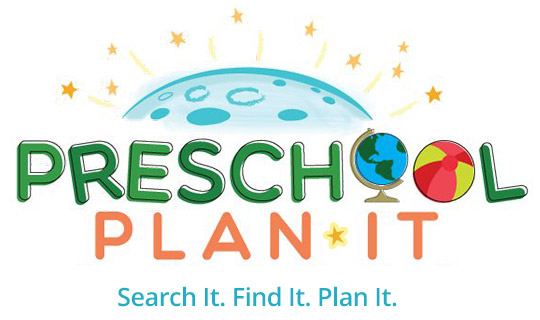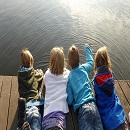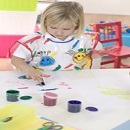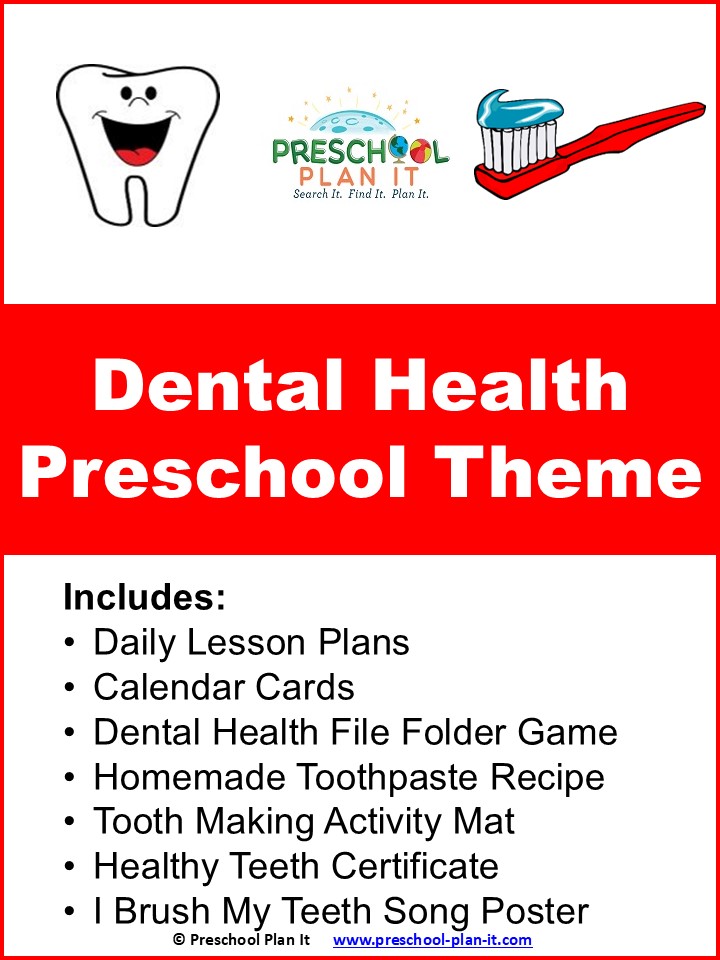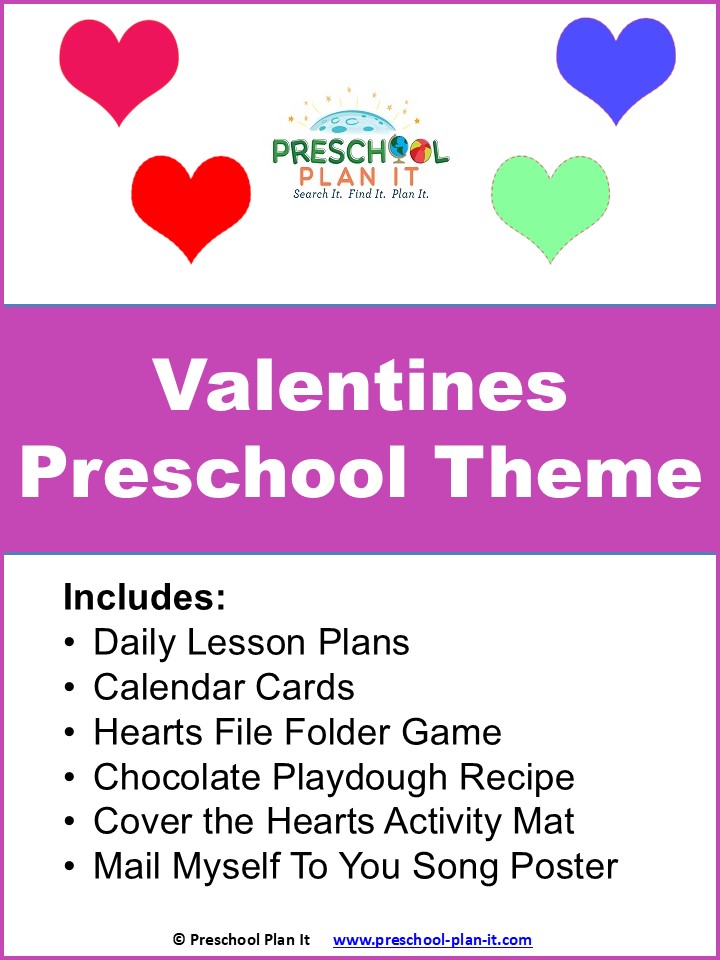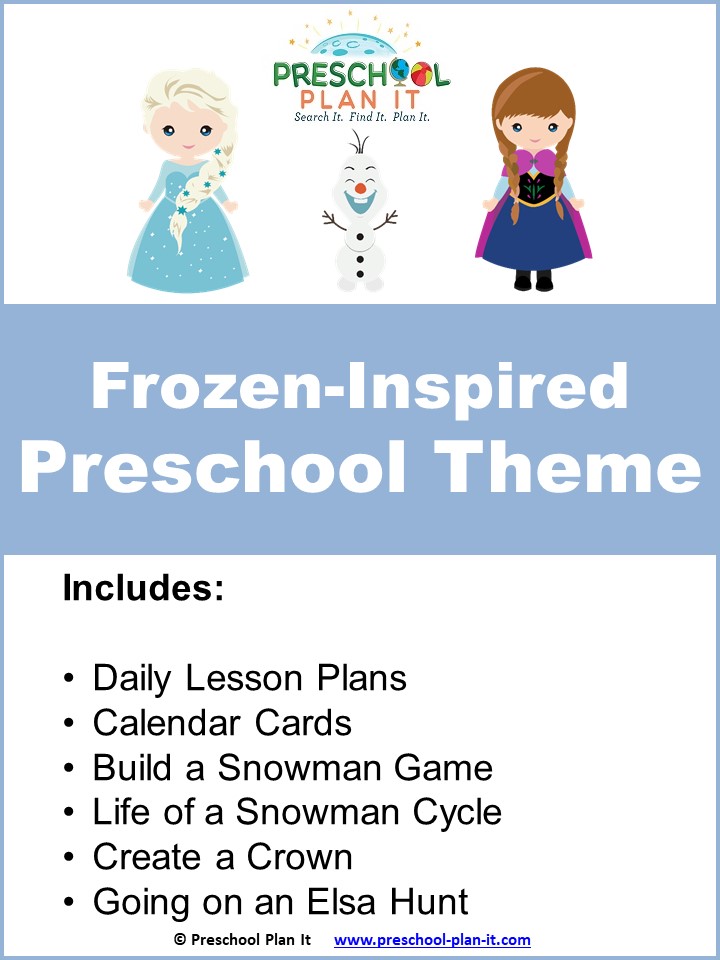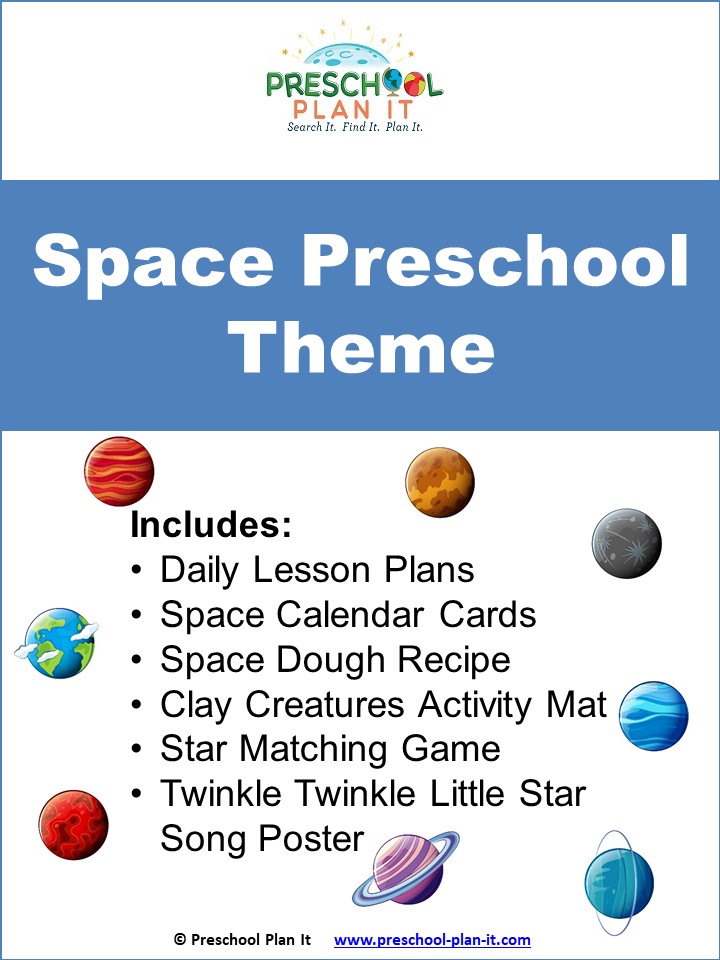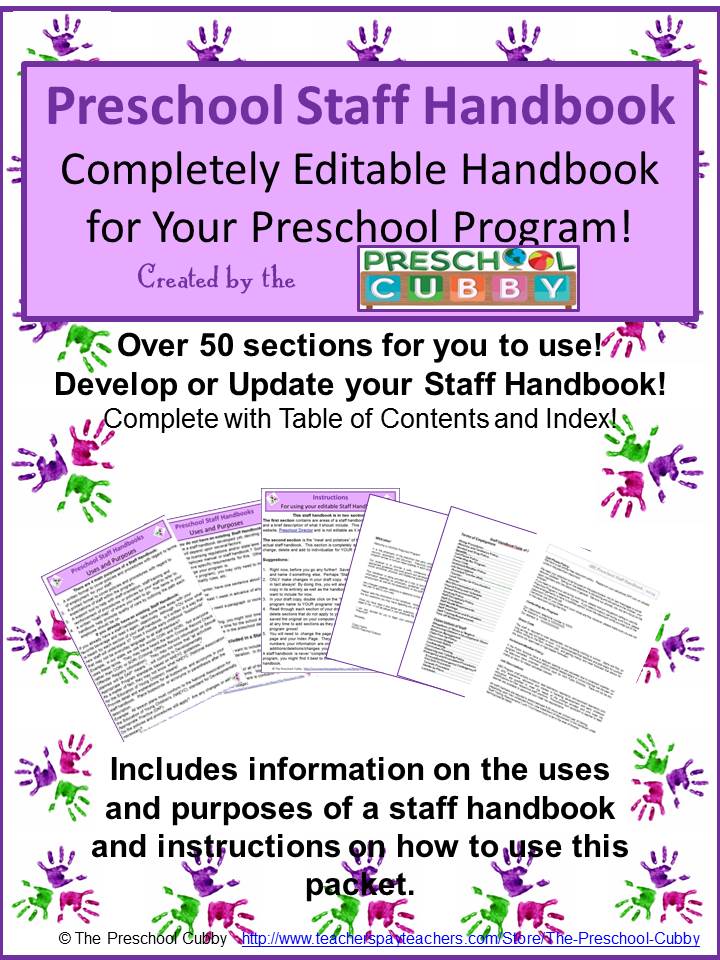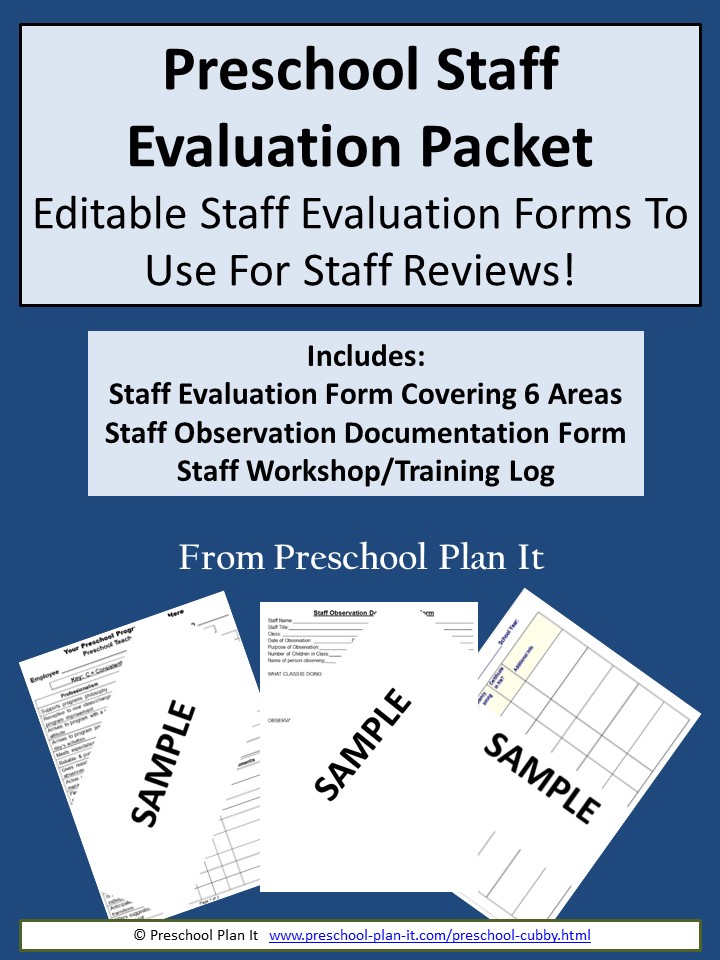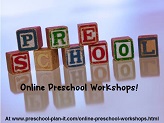- Theme Packs
- Themes
-
Preschool Planning
- Preschool Teachers
Early Childhood Development in Preschool


Early childhood development begins at birth. There is much you can do, as a preschool teacher, to support early childhood development in the preschool years. In this article, we are going to look at the five overarching domains, or areas, of child development: Approaches to Learning, Social/Emotional Development, Language & Literacy, Cognitive Development and Motor Development.
Approaches to Learning:
Cognitive Early Childhood DevelopmentA child’s ability to explore and think about the world around them helps them to develop wonderful problem solving skills. The materials provided to them each day help stimulate preschoolers’ minds and support cognitive Development.
You don’t need high-tech for this! A walk in the woods or down a city street together offers lots of opportunities for stimulating a child's mind. Cardboard boxes offer more opportunities for developing creativity than many toys purchased with good intentions.
This area refers to how children approach new tasks, how they approach challenges and problems they come across and how they approach joining in and cooperating with others in play and learning. It is often times referred to as
Activities that help children develop curiosity, eagerness and flexibility help them to succeed in their knowledge and ability to approach a challenge with confidence.
This area also refers to a child’s ability to self-direct their play, activities and to set and follow through with goals to complete an action or task.
Social Early Childhood Development
Another important ingredient to nourish and support the development of young children is appropriate interactions with other people. This supports children's social development.
Children learn so much when they are included in friendly, loving, respectful interactions.
Emotional Early Childhood Development
Children who are supported in their attempts to learn new things realize they are capable beings and try more and more new things. The more they succeed the more likely they will develop positive self-esteem.
These interactions you have with your preschoolers help them to recognize their own emotions as well as those of around them. The ability to recognize and respond to these help your preschoolers learn how to develop positive social relationships, important to their emotional development.
Physical Development
Physical development typically encompasses Gross (large) Motor and Fine (small) motor Development.
For young children to develop appropriately they need safe, healthy and stimulating environment. This means making every effort to set up your classroom in ways that encourage play and investigation (while ensuring the materials are safe and clean). A healthy, well thought out classroom design and outdoor space and activities allow preschoolers to develop physically.
Activities you provide will help preschoolers to develop both their large (gross) motor and small (fine) motor skills. Both are equally important as pre-writing skills! They need to have control over their large muscles skills including their core, arms, legs, balance, etc. as well as their small muscles (hands, fingers, etc.).
Teachers promote appropriate early child development by making efforts that activities throughout the day provide ample time for both, based on their children’s interests and needs.
One preschooler may be interested in play dough and Legos (fine motor skills) while the other might need to be more active play.
Language Development
When we hear language and literacy, our first thought is typically speaking, reading and printing, and that is a huge part of this area.
In addition, language and literacy refers a child’s understanding of the spoken work and their communication skills and ability to express themselves. It helps improve their interactions improving their self-regulation and behavior management.
It is all part of .
Early Childhood Development Summary
Any environment can support early childhood development if the caregiver is tuned into the needs and interests of the child and helps the child make a connection with the environment.
Parents will often ask you, as their child’s teacher, what they can do to help their child succeed. They may find our answer dull as we are not prescribing worksheets and flashcards! Continue to encourage parents to simply interact with their children through play and conversation! It is the best thing they can do to help their children succeed.
We can all help all the children we know develop in ways that will make them successful adults just by interacting with them in appropriate ways.
Observe your preschoolers often and you will become more and more aware of each individual child’s interests and needs and match the environment you provide and your interactions to the individual child, thus helping each child reach their potential in all areas of early childhood development.
Return to Preschool Plan It's Home Page


Hey there! Welcome to Preschool Plan It! I’m Cheryl, a preschool teacher of over 20 years.
I KNOW, I know, you spend hours of time developing your preschool themes, activities and preschool lesson plans each week. You are commited to planning preschool themes and activities that are engaging hands-on, interactive, fun AND meet the goal of supporting each child’s level of growth and development.
I am commited to providing you, the preschool teacher, with everything you need to develop preschool lesson plans and preschool activities for your classroom all in one place!
READ MORE
Join My Free Preschool Teacher Tips Newsletter
You’ll receive a weekly email with planning tips and teaching ideas.
You'll also receive (on the 1st of each month) a free theme starter pack with some printables and activity ideas to get you started planning a theme!Join Now and Get Your First Theme Right Away!
© Copyright 2010-2026 Preschool-Plan-It.com | All Rights Reserved | Privacy Policy & Disclaimer
- Preschool Teachers
